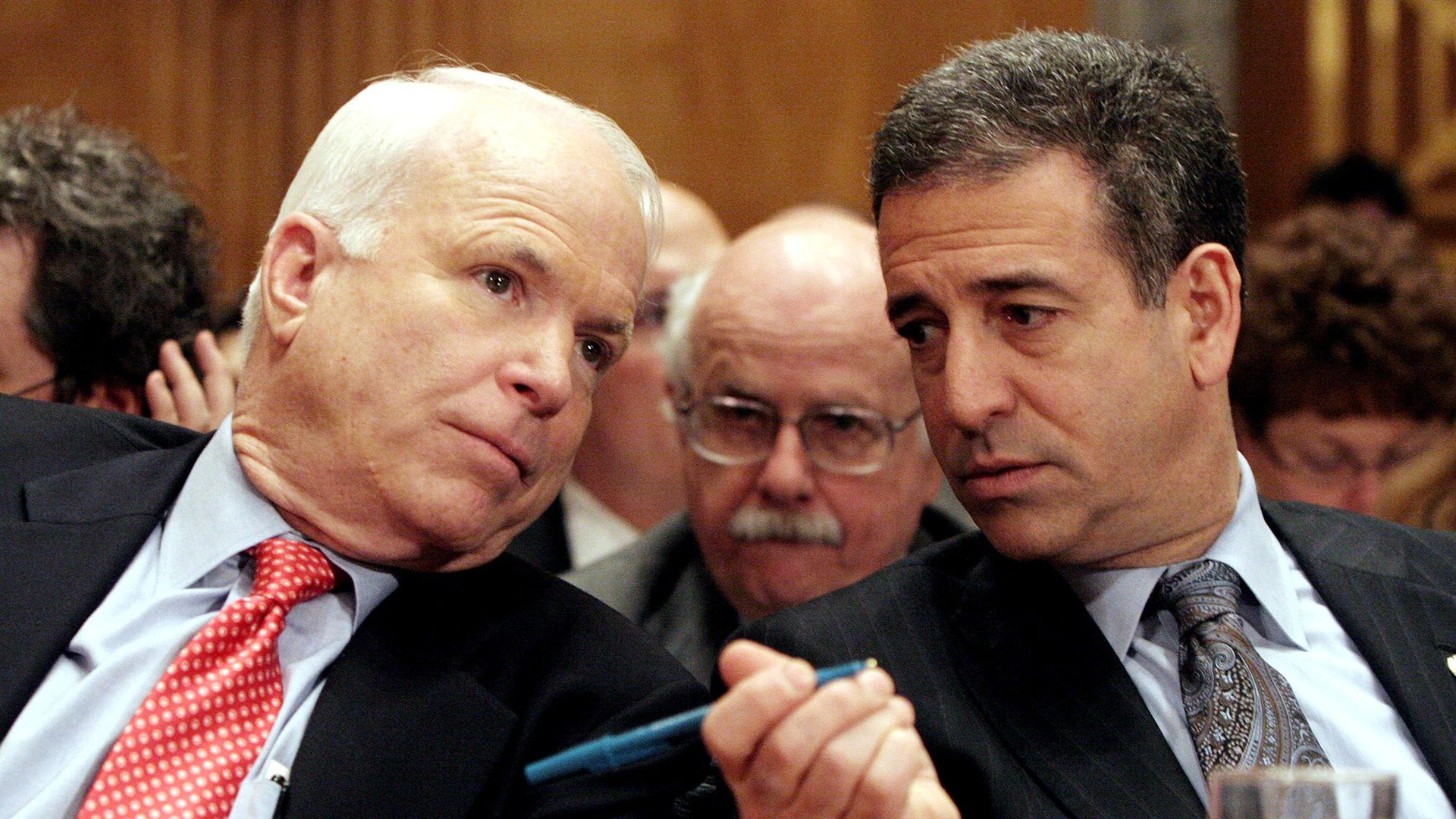Why huge new US campaign finance loopholes could mean nicer politics
You should always be a little suspicious of a bipartisan deal in US politics, and the spending bill unveiled last night by US lawmakers is no exception: It ought to avoid the economic problems of a government shutdown, but a back-room deal between the parties also lifted caps on campaign finance, allowing the wealthy to donate an additional $680,400 to their political party each year.


You should always be a little suspicious of a bipartisan deal in US politics, and the spending bill unveiled last night by US lawmakers is no exception: It ought to avoid the economic problems of a government shutdown, but a back-room deal between the parties also lifted caps on campaign finance, allowing the wealthy to donate an additional $680,400 to their political party each year.
All told, instead of maxing out at $96,200 per year, individuals can give $776,600 a year. For a couple, that totals more than $3 million to the political party of their choice each two-year Congressional election cycle. These provisions were never publicly mentioned before today.
Good government groups like Common Cause and Democracy 21 are up in arms over the decision, because it seems like a return to the bad old days of unlimited soft money contributions before the McCain-Feingold campaign finance reforms, when parties could collect practically unlimited donations. There’s no question that this move will further increase the influence of the wealthy on US policymaking, at a time when economic inequality is rising.
A potential positive side effect might be re-empowering political parties, and that could mean more productivity from Congress.
Since the McCain-Feingold laws, successive court decisions have hamstrung the law by allowing an increasing number of non-party, outside organizations to spend money. In 2004 it was the “527” groups that broadcast political messages but were exempt from campaign finance limits because they didn’t expressly advocate for or against a candidate. Then, the US Supreme Court further lifted finance and disclosure rules in the Citizens United decision, which gave independent organizations further license to influence elections.
It’s not a coincidence that this same period saw major upheavals in politics spurred by independent spending; in particular, a shift within the Republican party driven by outside spending saw several incumbents fall before primary challenges funded by outside money.
The emergence of political organizations funded mega-donors like the Koch brothers or Sheldon Adelson who were more than happy to go outside the traditional political institutions—the supposedly grassroots ”Tea Party” was largely funded by these donors—and it alerted Republican leaders to their right flanks. This led them to reject potential compromises, notably on fiscal issues, immigration and climate change, that might have otherwise had a chance of becoming law.
But if parties can solicit donors for $3 million each cycle instead of $192,400, they may have the cash to ignore or fight off these outside funders. That may mean a cozier political culture, as in the old days of former president Ronald Reagan and speaker of the house Tip O’Neill agreeing to sell out some of their partisan interests during a divided government. That doesn’t mean the policymaking will be better than today, but it does suggest that there will be more policymaking.